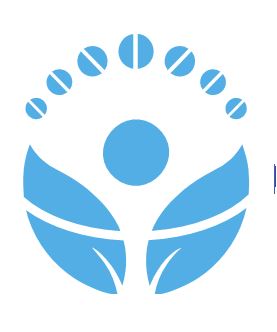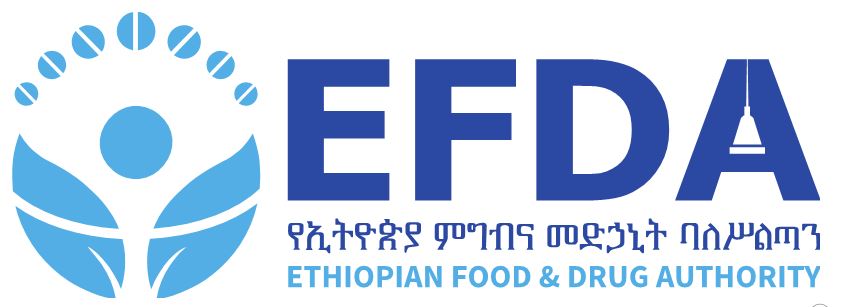The rapid increase in the number of drugs used to treat HIV requires that physicians keep up-to date with the latest developments and the potential interactions these drugs may have with drugs used to treat TB and other infections that afflict HIV/AIDS patients. As new antiretroviral drugs are developed and more data become available, recommendations for the use of these drugs with anti-TB medications change. An enormous amount of information comes with these changes; therefore, the management of HIV-associated TB in patients taking PIs or NNRTIs should be directed by or conducted in consultation with a physician experienced in the care of patients with both HIV and TB. Close attention should be paid to the possibility of TB treatment failure, antiretroviral treatment failure, paradoxical reactions of TB, unique and synergistic overlapping adverse effects for all drugs used, and drug toxicities associated with increased serum concentrations of rifabutin.
Antiretroviral Drugs and Rifamycins
Treatment of TB in the presence of HIV infection is complicated by drug-drug interactions between the rifamycin class of antimycobacterial drugs (rifampin, rifabutin and rifapentine), and the PI and the NNRTI classes of drugs used to treat HIV infection. Both PIs and NNRTIs are metabolized by hepatic CYP3A, specifically the CYP3A4 isozyme. Rifamycins are inducers of the CYP3A family of enzymes, which includes the CYP3A4 isozyme. Maximal drug levels (represented by Cmax) or total drug exposure over time (represented by AUC, area under the concentration-time curve) of antiretroviral agents may be reduced when these drugs are co- administered with rifamycins. This will adversely affect the ability of the antiretroviral regimen to adequately suppress the virus, which is the goal of antiretroviral treatment regimens. Rifamycins are inducers of the CYP3A system but rifampin is not metabolized by this system.Of the three available rifamycins, rifampin is the most potent inducer of CYP3A and rifabutin is the least potent, with rifapentine falling somewhere in between. Rifapentine should not be used for the treatment of TB in HIV-infected individuals because of the increased rate of acquired rifamycin resistance associated with its use in this population at the currently recommended dose.
Protease Inhibitors
The currently approved PIs (indinavir, nelfinavir, saquinavir, ritonavir, amprenavir, atazanavir, and



